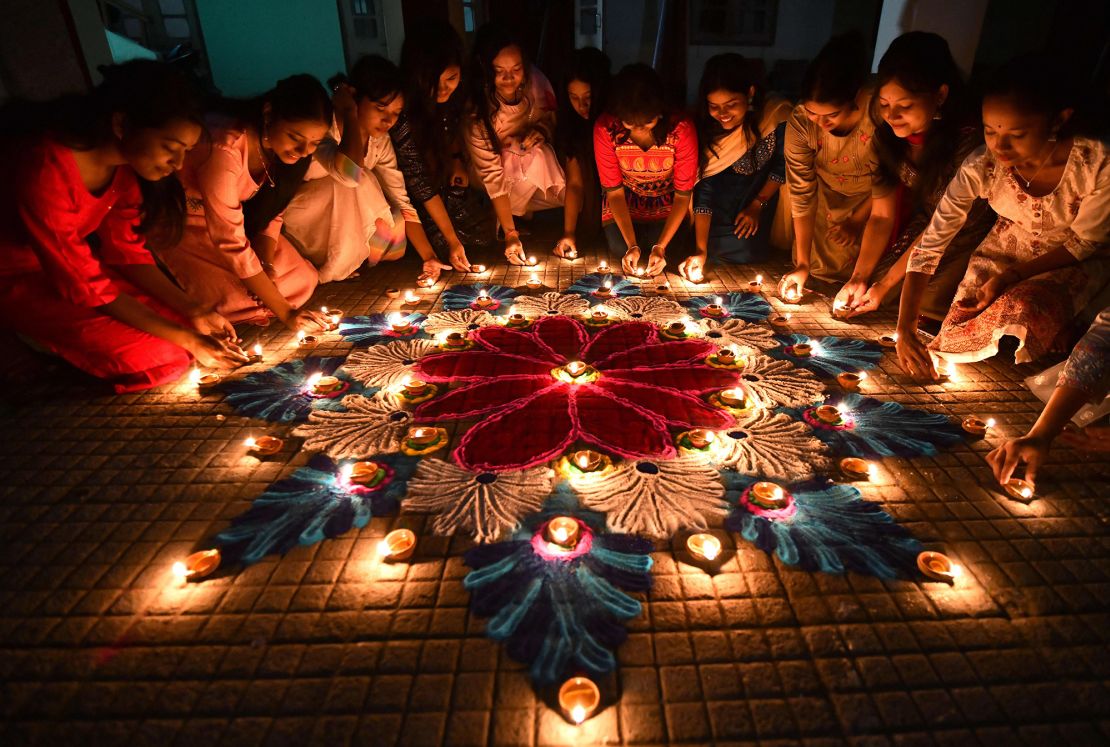Introduction: The Dual Sides of Diwali
Diwali, often regarded as the "Festival of Lights," is celebrated across India and the world by millions, marking a time for family, festivities, and the triumph of light over darkness. But beneath the joyous sparkle of fireworks and colorful rangolis, Diwali raises concerns—particularly regarding its environmental and social impact.
This article explores Diwali’s dual nature: a cherished cultural tradition and a source of significant challenges for India’s environment and society. Does the festival, as it is celebrated today, do more harm than good?
1. The Origins of Diwali: A Cultural Overview
Diwali has a rich history rooted in Hindu mythology, where it marks Lord Rama's return to Ayodhya after his victory over Ravana. The festival signifies spiritual renewal, wealth, and harmony, celebrated by lighting oil lamps (diyas), exchanging gifts, and savoring sweets. This tradition of celebrating the victory of good over evil continues, albeit with some modern-day modifications.
2. Environmental Impact: The Dark Side of Light
With celebrations come fireworks, increased energy use, and waste, all of which affect the environment and public health:
- Air Pollution: During Diwali, cities like Delhi and Mumbai witness drastic spikes in air pollution. In 2023, Delhi's AQI during Diwali reached alarming levels, making the air hazardous for residents. Firecrackers emit high levels of PM2.5 and PM10 particles, sulfur dioxide, and nitrogen dioxide, which contribute to respiratory issues, especially in children and the elderly.
- Noise Pollution: Firecrackers not only disturb the peace but also harm the health of pets, elderly people, and infants. Studies link prolonged exposure to loud noises with increased stress, sleep disturbance, and even hearing impairment.
- Waste Generation: Diwali produces substantial waste from firework casings, food packaging, and decorative materials. Much of this waste is non-biodegradable, contributing to landfills and water pollution.
3. Economic Impact: The Festival of Commerce
Diwali brings a surge in spending, from firecrackers to new clothes and appliances, which fuels various sectors. But is this boost beneficial?
- Benefits: Diwali season stimulates local businesses, contributing significantly to India's GDP. The retail sector sees increased sales, and traditional artisans benefit from heightened demand for handmade products like diyas and textiles.
- Downsides: However, the push toward consumerism has led to economic disparities, with many taking on debt to meet the social expectations of lavish celebrations.
4. Social Impact: Modern Concerns and Health Implications
- Health Concerns: Beyond pollution, Diwali affects physical and mental health. In heavily polluted areas, hospitals report a surge in patients with respiratory conditions. Additionally, the noise from firecrackers can exacerbate stress and anxiety, particularly in vulnerable populations.
- Safety Risks: The use of fireworks brings an increased risk of burns and injuries, especially among children. The National Burns Centre in Mumbai sees a spike in cases during Diwali.
5. Is Diwali Still Good for India?
Despite its challenges, Diwali remains a cherished tradition. Families bond, communities unite, and the festival reinforces India's cultural identity. However, the manner of celebration may need reconsideration:
- Eco-Friendly Diwali: In recent years, there’s been a push for an eco-friendly Diwali, using clay diyas instead of electric lights, avoiding single-use plastics, and minimizing or altogether skipping fireworks.
- Alternative Celebrations: Many people are turning to community service and charity as part of their Diwali celebration, sharing joy with underprivileged communities instead of indulging in consumerism.
Conclusion: A Balanced Approach to Diwali
While Diwali brings joy, its environmental and social costs are undeniable. India can protect its traditions while evolving them to suit modern challenges. Embracing sustainable practices could allow Diwali to remain a light in the darkness, without contributing to pollution and health issues.
Let’s celebrate Diwali responsibly to preserve the spirit of the festival without compromising India’s future.
